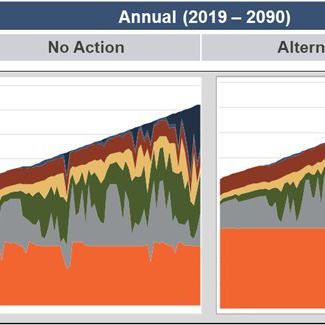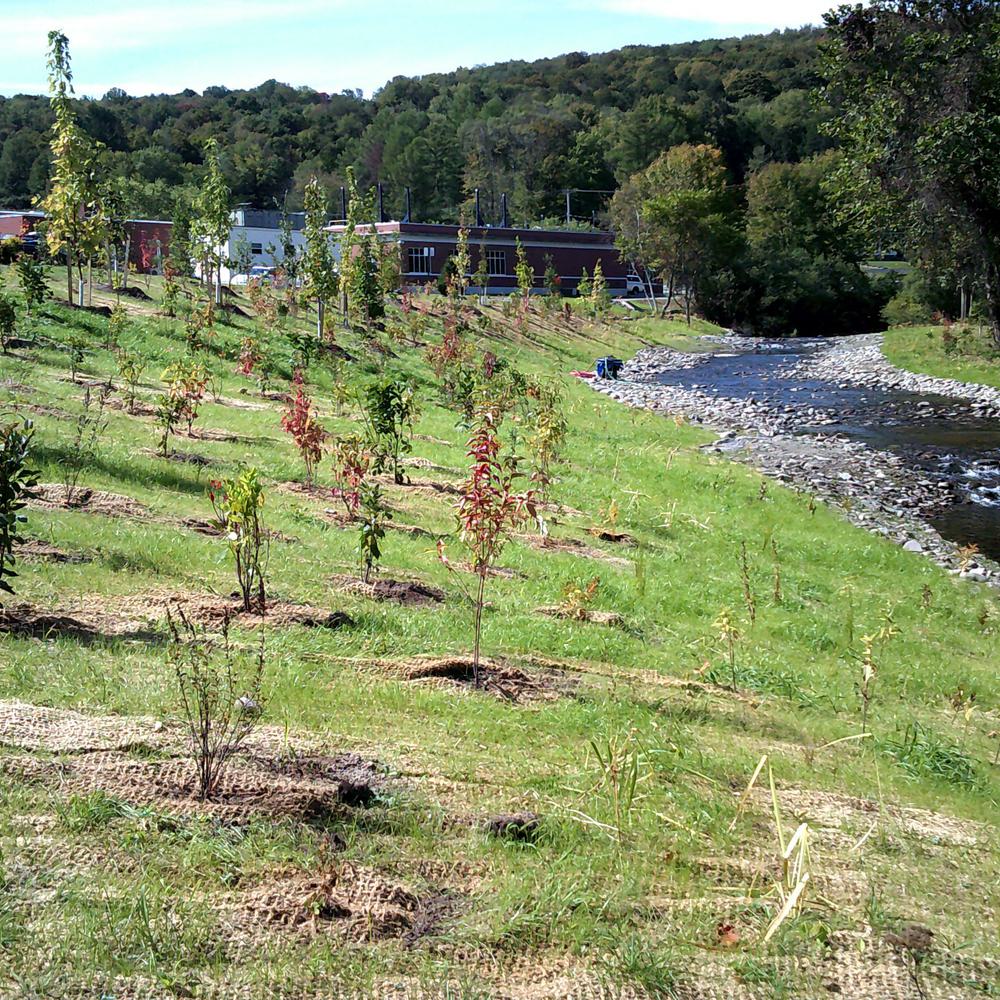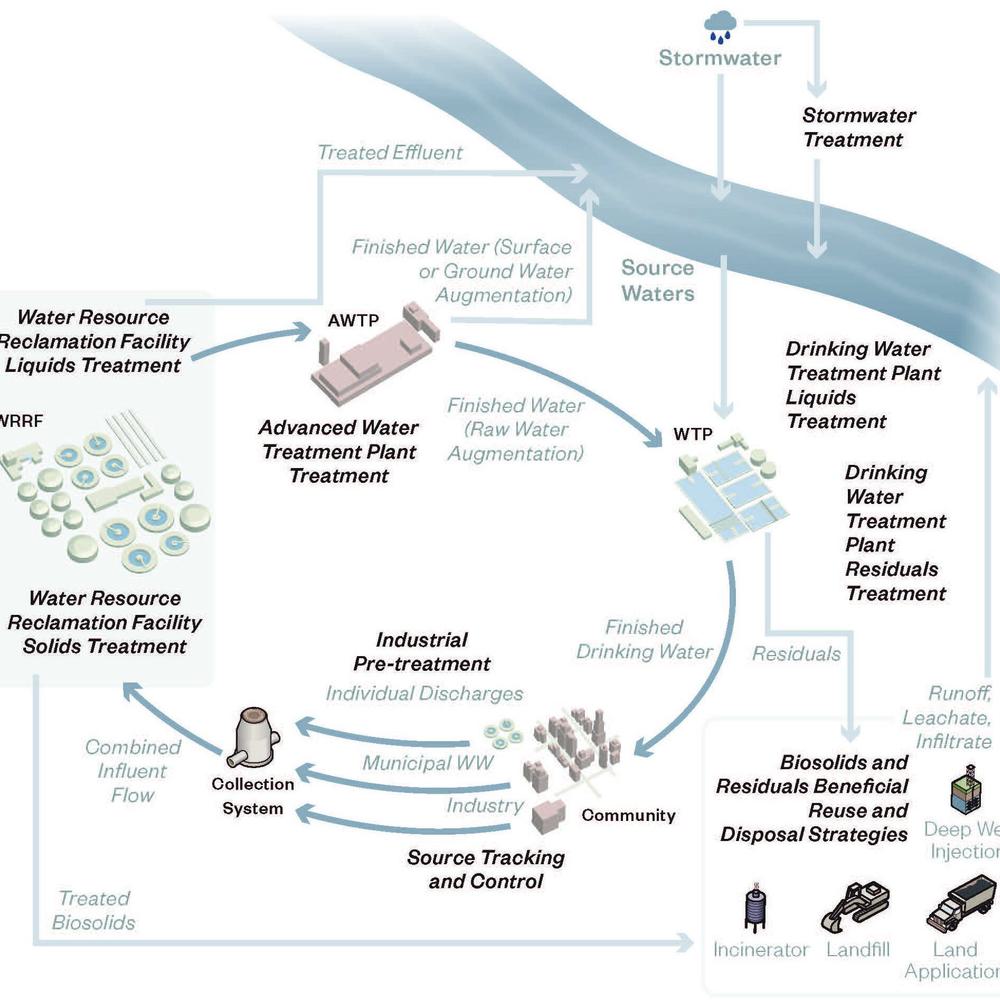Evaluating Potential Risks of Uranium Mining on Source Water Supply
In 2011, the Virginia Assembly was considering revisiting a moratorium on uranium mining in the Commonwealth of Virginia that had been in place for decades. While the only known viable uranium deposit is located outside of the Potomac River watershed, Fairfax Water’s source of drinking water, legacy uranium explorations indicated possibly viable uranium deposits within the watershed.
Hazen and Sawyer evaluated the potential for water supply related impacts from uranium mining and associated activities, including a review of mining and drinking water regulations in the Commonwealth, fate and transport of contaminants, potential pathways for contaminant release throughout the uranium mining and milling life cycle, identification of potential mining areas in the watershed, and potential risks of catastrophic releases from extreme precipitation, landslides, and seismic events.
The most serious concern for Fairfax Water would be the construction of a uranium tailings impoundment for storing mine waste in the watershed. Given that hydrology has been a causative factor in most tailings impoundment failures, the high precipitation and precipitation intensity levels in Virginia increase the risk of impoundment failure relative to arid regions where most US uranium mines and mills are currently located. Specific risks of an impoundment failure constructed in Virginia would depend on details such as proximity to surface waters, local soils, regular inspections and maintenance, below- vs. above-grade construction, proximity to faults, drainage plans, construction methods, structural design, and quality control during construction. The findings concluded that uranium mining and milling activities initiated in the Potomac watershed would potentially increase the risk of negative impacts to Fairfax Water’s source water quality and water supply reliability. The study was used to support a resolution, passed by the Fairfax Water’s Board of Directors, opposing uranium mining in Virginia and supporting the continuation of the existing moratorium on uranium mining in the Commonwealth of Virginia.

Ben Wright has significant experience conducting watershed assessments and risk analyses to identify utility vulnerabilities.
Related Solutions:
Protecting the Community
Our work concluded that uranium mining and milling activities have the potential to increase negative impacts to source water quality and water supply reliability.

Project Outcomes and Benefits
- Conducted a study culminating in a white paper delineating the potential impacts of uranium mining on water quality in Virginia.
- Concluded that uranium mining and milling activities initiated in the Potomac or Occoquan watersheds have the potential to increase the risk of negative impacts to FWs source water quality and water supply reliability.
- In light of Hazen’s study on the impacts of uranium mining on water quality, Fairfax Water's Board of Directors passed a resolution opposing the mining of uranium mining in Virginia.





















